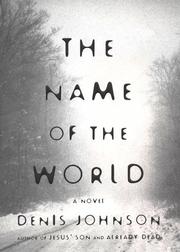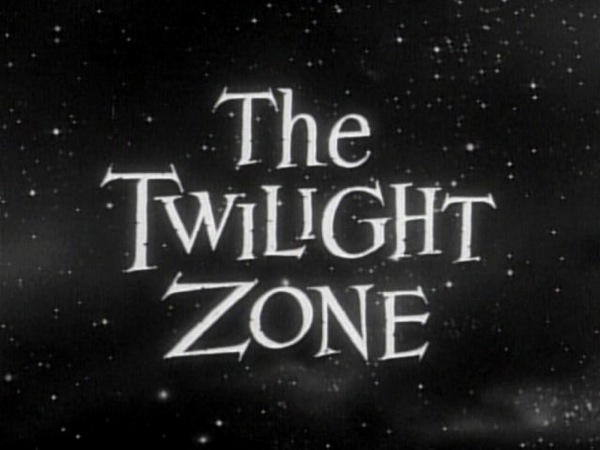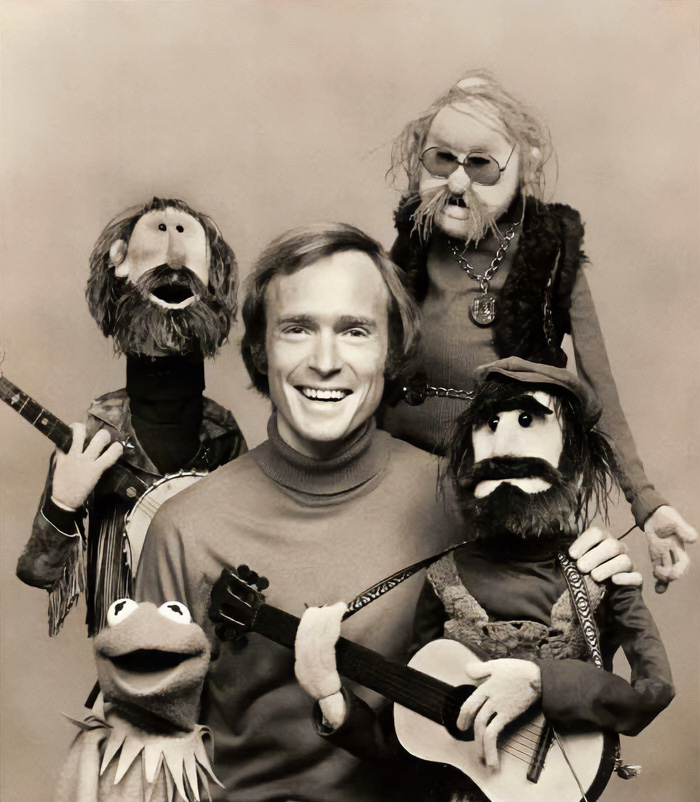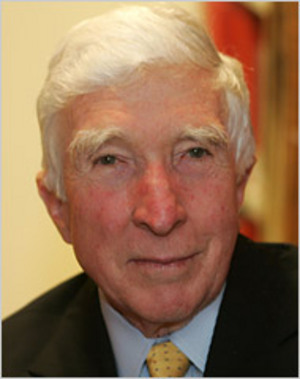Writing in Plain Sight: The Author, the Narrator and the Difference (if any)

When fiction reading is going well for me, I translate the words into something that’s both fiction and non-. Take the novel The Name of the World by Denis Johnson, which I read recently for the first time. Here’s the first paragraph:
Since my early teens I’ve associated everything to do with college, the “academic life,” with certain images borne toward me, I suppose, from the TV screen, in particular from the films of the 1930s they used to broadcast relentlessly when I was a boy, and especially from a single scene: Fresh-faced young people come in from an autumn night to stand around the fireplace in the home of a beloved professor. I smell the bonfire smoke in their clothes and the professor’s aromatic pipe tobacco, and I feel the general unquestioned sweetness of youth, of autumn, of college—the sweetness of life. Not that I was ever in love with this scene, or even particularly drawn to it. It’s just that I concluded it existed somewhere. My own undergraduate career stretched over six or seven years, interrupted by bouts of work and transfers to a second and then a third institution, and I remember it all as a succession of requirements and endorsements. I didn’t attend the football games. I don’t remember coming across any bonfires. By several of my teachers I was impressed, even awed, and their influence shaped me as much as anything else along the way, but I never had a look inside any of their homes. All this by way of saying it came as a surprise, the gratitude with which I accepted an invitation to teach at a university.
I relate strongly to the narrator, who we learn later is named Michael Reed. The amount of emotional overlap between Michael’s and my life is scary. I too held similar images of academic life, for me perhaps set in the fifties and involving more letterman sweaters, but the same otherwise. Like the narrator, it took me six or seven years to finish college, and involved three transfers. I was also impressed by my teachers, and I also never imagined seeing the insides of their homes. This is exactly what I look for in a novel reading experience, a character who’s as much like me as possible, and telling his—our—story with a compelling, authoritative voice. Telling me, in short, about me.
But at least as important as my strong relationship to the narrator is the strong relationship I feel to the author. I read the above sentences, and I feel like I know the narrator’s shadow figure, Denis Johnson, very well. How can one write of this bucolic college tableau, “Not that I was ever in love with this scene, or even particularly drawn to it,” and not on some level feel the same way? I think of actors, who have to find something relatable in every character they play, even reprehensible ones. Can a writer fake this stuff? If he can’t, then what’s really the difference between Michael Reed and Denis Johnson?
And still there’s a third level in which I feel a deep connection to this work. As a writer myself, I feel a strong professional connection to the author for these perceived overlaps in our histories and psyches. Denis Johnson is a successful—even world-class—writer, and I hope that these emotional/biographical similarities mean that I somehow—despite all evidence to the contrary—am on some kind of path to a literary career. This guy is just like me, and he won the National Book Award! I can’t help but hope, despite my age, lack of comparable publishing success and absence of completed work as riveting as, say, Jesus’ Son, that I am somehow in the same game as Denis Johnson.
So The Name of the World hit me squarely because I relate to the narrator, and the writer, and because I want to succeed like the writer has succeeded. In other words, I’m about as perfect an audience for this novel as there is.
In all my exploration of writers and writing (B.A. in English, M.F.A. in Writing, 25 years of near constant reading and writing outside of class), I’ve rarely heard anyone mention this third, professional angle to readerly empathy. I suspect this is because, back when I was in school, writers still entertained the idea that most of their audience would come from actual readers and not other writers. There were of course “writers’ writers” back then, or those authors who were read almost exclusively by other writers—David Foster Wallace comes to mind. But I still think we were largely in the Saturday Evening Post romance of the reader/writer relationship, that is, educated people sitting down with books and magazines and being sucked in by written pieces. The author Gary Shteyngart gets credited for having said, “The number of people who read serious literature is now exactly equal to the number of people who write it.” Maybe an exaggeration, but probably the healthiest angle from which to come at a literary writing career in 2014.
Despite my deep interest in the writer of The Name of the World, I wouldn’t like the book as much if it were memoir. Imagine if the first sentence of the intro paragraph were “Hi, I’m Denis Johnson,” and “Denis Johnson” replaced “Michael Reed” throughout. I would still be interested in the book, and I’d probably read it and relate to it deeply at points. But I could never fully imagine myself into the narrator’s plight the way I can with the novel The Name of the World. In other words, the memoir The Name of the World would never quite be about me and Denis Johnson the way the novel is. The fiction tag allows Johnson, or any writer, to play both hands: he can utilize a fictional narrator, which allows the reader more leeway to see herself in the character, and he can titillate with suggestions of autobiography, which allows the reader to form empathy with the writer. Somehow these two readerly perspectives aren’t contradictory. The narrator of The Name of the World is both Michael Reed and Denis Johnson, and I’m fine with that.
May 12th, 2014 / 10:00 am
Watching The Twilight Zone
 A few weeks ago, the lymph nodes along my neck suddenly swelled up. I had a doctor check it out and he determined I had strep throat, and then a week later, added mononucleosis to the diagnosis. Sort of a one-two punch of undergraduate illness. I didn’t feel that sick, and suffered little symptoms other than the inflamed globules along my jugular, but it became clear to me, getting drunk off three beers and exhausted at 5pm, that I should probably take it easy. My regular leisure, after school, work, and whatever other responsibilities I’ve lined up for myself on a given day, is to kick back with a few-to-several beers and do things on the internet. The doctor recommended I avoid this, so there was only one viable solution to passing time at the same rate and pleasure level: watch TV. I am one of those lucky enough to have acquired a password to my friend’s Netflix Instant Watch account, and, after watching The Larry Sanders Show, Archer, The Stand miniseries, My So-Called Life, and The League in their entireties, I noticed that The Twilight Zone original series had been recently added to the queue. Though perhaps the most referenced and acclaimed cult series in history, I must admit, I’d never seen one episode. I resolved, then, it would be my next big tackle in my imperial takeover of internet television.
A few weeks ago, the lymph nodes along my neck suddenly swelled up. I had a doctor check it out and he determined I had strep throat, and then a week later, added mononucleosis to the diagnosis. Sort of a one-two punch of undergraduate illness. I didn’t feel that sick, and suffered little symptoms other than the inflamed globules along my jugular, but it became clear to me, getting drunk off three beers and exhausted at 5pm, that I should probably take it easy. My regular leisure, after school, work, and whatever other responsibilities I’ve lined up for myself on a given day, is to kick back with a few-to-several beers and do things on the internet. The doctor recommended I avoid this, so there was only one viable solution to passing time at the same rate and pleasure level: watch TV. I am one of those lucky enough to have acquired a password to my friend’s Netflix Instant Watch account, and, after watching The Larry Sanders Show, Archer, The Stand miniseries, My So-Called Life, and The League in their entireties, I noticed that The Twilight Zone original series had been recently added to the queue. Though perhaps the most referenced and acclaimed cult series in history, I must admit, I’d never seen one episode. I resolved, then, it would be my next big tackle in my imperial takeover of internet television.
2006 Updike interview re: Nabokov (and other things)
Lila Azam Zanganeh: I read that you weren’t a great fan of Ada.
John Updike: I thought the book was [coughs]—sorry I think I may be losing my voice.
Lila Azam Zanganeh: No problem.
fuck
1. Fuck that story by that guy. Read something else. I wanted to introduce you to this new writer anyway and this story will make you pant-pee and laugh like a photogenic butcher.
2. Has anyone seen the fucking new Hayden’s Ferry? Number 46 is re-donk. I can’t link it’s so new. What’s up with these people? In a short time, they have made their magazine crisp, beautiful, full of bad-ass writing, crazy. I mean they stepped up their Slay and are not looking back. My mind on their magazine has gone from throw-me-a-bone to ranch-style nacho pie. Fuck yes. Get it.
3. fuck you. punk.
4. Yesterday walking the hallway and I see a lady at a table and advertising a free raffle. A FREE RAFFLE. What the fuck?
5. Heroin. Sex. Scientology. What do you want? NSFW pics, so sorry if you work on Saturday. I include this because I think the guy’s write-up was CW techniques all glow (He uses Tao Lin quotes and all types of solid pacing, transitions–“This is where things get weird.”) Also I’ve been drinking fake absinthe and it fit well in my “fuck” theme I have going here.
Last Thanksgiving I was staying at a friends house for a few days before a trip to South America.
Stories that begin this way always end up with heroin and Scientology, this we know. A lot could be learned from that opening sentence. If you say friends should be friend’s I’ll punch you in the spleen. It is Saturday. relax.
6. Kristen Shaw with a great fucking flash at decomP. It includes the term fuck.
John Updike died in 2009 with a whimper and 100+ books (written or edited). Does anyone care?
WAYYYBACK MACHINE: Updike & Cheever on the Dick Cavett show

I found this earlier today. Who even knew that Cavett had an NYT blog? Anyway, he somehow got the Times to post a full episode of his show from October 1981, with Cheever and Updike as his guests. I’m not a huge fan of either man–dig Cheever, as far as it goes; basically have never read Updike–but there was something really fascinating about this, and I wound up watching the whole 28-minute clip. Cheever’s voice is amazing. They really don’t make ’em like him anymore. In the post itself, Cavett writes-
True, but that notwithstanding–or perhaps because of it–Cheever is the one to watch for. I love the part where he talks about church, and Cavett tries unsuccessfully to get him to recite the Apostles Creed.
Updike is mostly quiet, and I think very conscious of his role as the young up-and-coming writer. (How could he not be? Cheever points out “I’m old enough to be John’s father.”) He sits back trying to look comfortable for a few long stretches, while Cheever lavishes praise on him, his work, his talent, etc. They also talk about several things we still argue about more or less daily on this website: can you / should you live and write in NYC? What kind of public profile should a writer have? How does reviewing books fit into writing books? Even though you’re famous, will the New Yorker still reject your story if they don’t like it? (Updike: “they should.”) Etc etc. And plus there’s the sheer joy of watching this kind of televsion, delightfully stone-age, with no commercial breaks, cuts to new segments, and almost no graphics. Nothing but smart, decent people talking about stuff smartly and decently: an idea so out-moded and archaic it might just be revolutionary again.

John Updike dies at 76
He was poked fun of by a new generation of agitated ‘post-everything’ writers and critics — but he was a great writer. His “The Early Stories, 1953-1975” exemplified, for me, how writing ought to sound in the ear when being read. I had a good time with him.
Rest in peace John.


